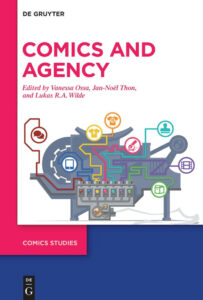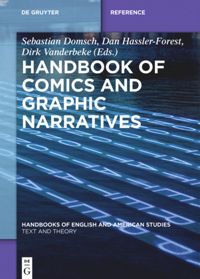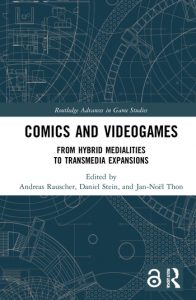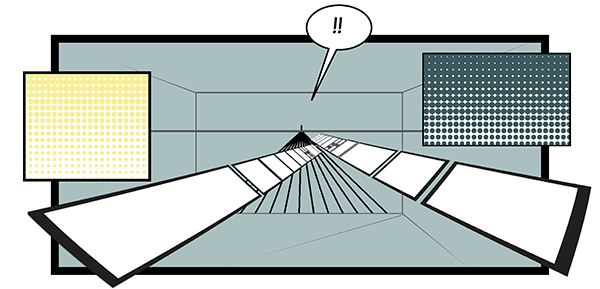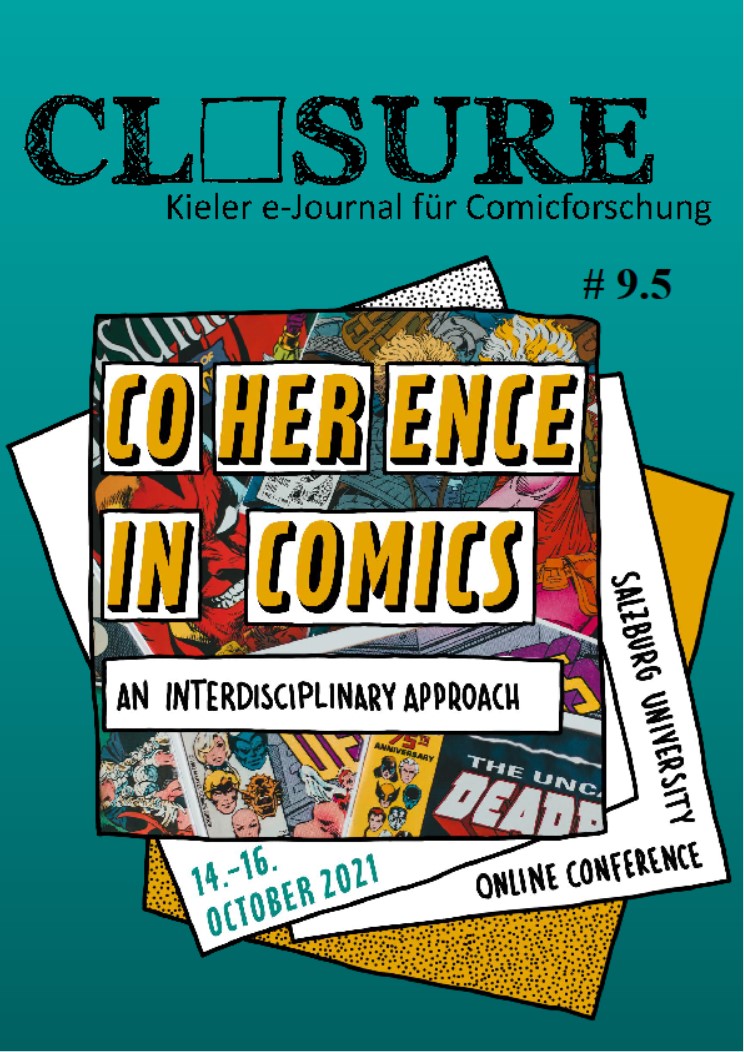 A special-themed issue #9.5 of Closure: Kieler e-Journal für Comicforschung, edited by Elisabeth Krieber (Salzburg), Markus Oppolzer (Salzburg), and Hartmut Stöckl (Salzburg), has just been published: »Coherence in Comics. An Interdisciplinary Approach«. The issue represents the proceedings of the 16the annual conference of ComFor (October 2021, Salzburg). It contains contributions by ComFor-members Elisabeth Krieber, Markus Oppolzer, Lukas R.A. Wilde, Barbara M. Eggert , and Stephan Packard:
A special-themed issue #9.5 of Closure: Kieler e-Journal für Comicforschung, edited by Elisabeth Krieber (Salzburg), Markus Oppolzer (Salzburg), and Hartmut Stöckl (Salzburg), has just been published: »Coherence in Comics. An Interdisciplinary Approach«. The issue represents the proceedings of the 16the annual conference of ComFor (October 2021, Salzburg). It contains contributions by ComFor-members Elisabeth Krieber, Markus Oppolzer, Lukas R.A. Wilde, Barbara M. Eggert , and Stephan Packard:
Elisabeth Krieber, Markus Oppolzer, and Hartmut Stöckl:
Coherence in Comics. An Interdisciplinary Approach: Über diese Ausgabe
Lukas R.A. Wilde:
Essayistic Comics and Non-Narrative Coherence
Barbara M. Eggert:
Comics as Coherence Machines? Case Studies on the Spectrum of Functions that Comics perform in Museums
J. Scott Jordan und Victor Dandridge, Jr.:
Invincible: Multiscale Coherence in Comics
Mark Hibbett:
Image Quotation of Past Events to Enforce Storyworld Continuity in John Byrne’s Fantastic Four
Amadeo Gandolfo:
Do The Collapse: Final Crisis and the Impossible Coherence of the Superhero Crossover
Stephan Packard:
Inferential Revision in Comics Page Interpretation: A Hermeneutic Approach to Renegotiating Panel Comprehension
Continue to CLOSURE #9.5: »Coherence in Comics. An Interdisciplinary Approach«
*Die ComFor-Redaktion bedauert den Mangel an Diversität in dieser Publikation. Wir sind bestrebt, möglichst neutral über das Feld der Comicforschung in all seiner Breite zu informieren und redaktionelle Selektionsprozesse auf ein Minimum zu beschränken. Gleichzeitig sind wir uns jedoch auch der problematischen Strukturen des Wissenschaftsbetriebs bewusst, die häufig dazu führen, dass insbesondere Comicforscherinnen sowie jene mit marginalisierten Identitäten weniger sichtbar sind. Wir wissen, dass dieses Ungleichgewicht oft nicht der Intention der Herausgeber_innen / Veranstalter_innen entspricht und möchten dies auch nicht unterstellen, wollen aber dennoch darauf aufmerksam machen, um ein Bewusstsein für dieses Problem zu schaffen.
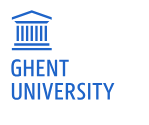 On September 18/19, 2023, the conference “Comics, the Children and Childishness”, will take place in presence at
On September 18/19, 2023, the conference “Comics, the Children and Childishness”, will take place in presence at 